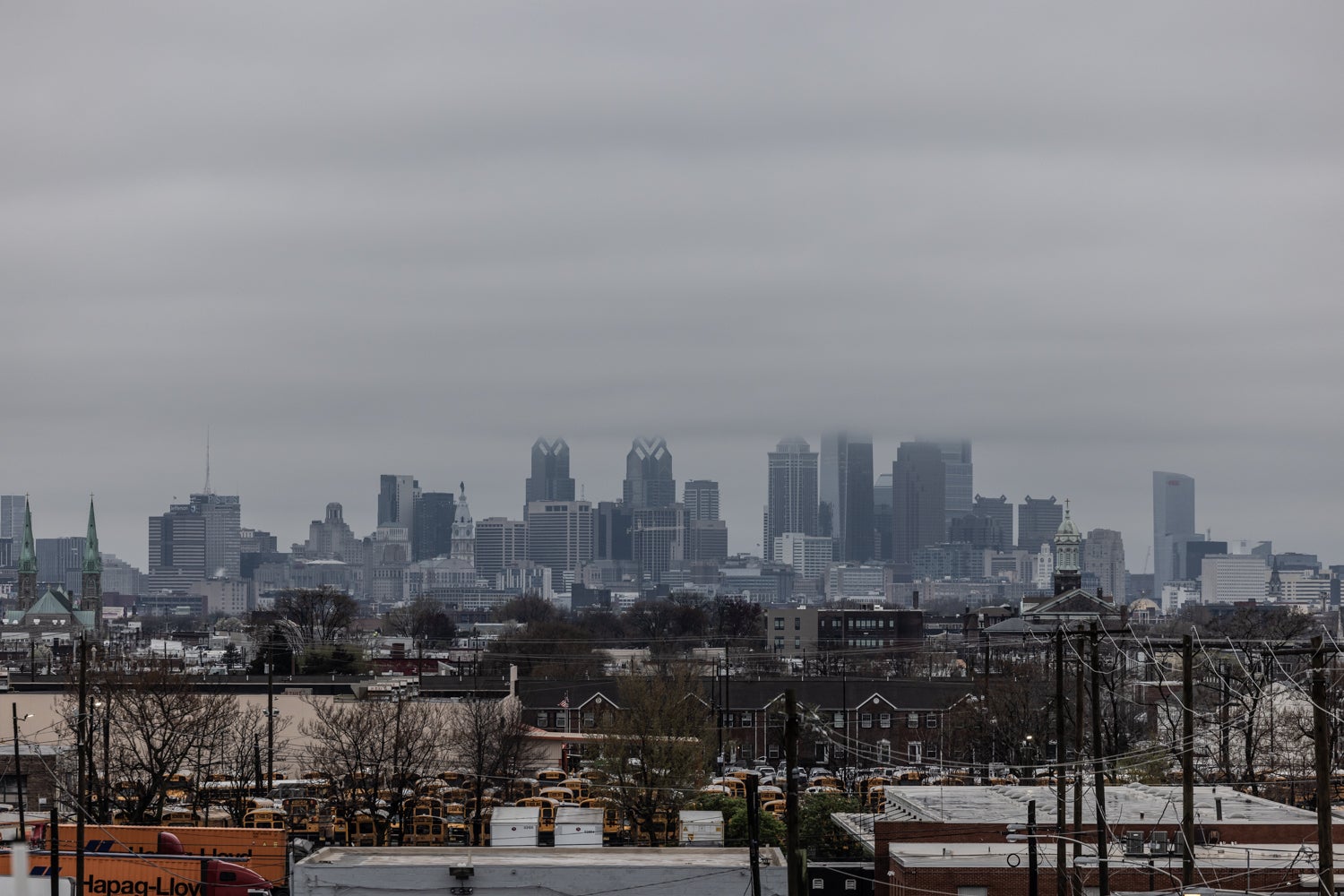Philadelphia's Health Sector in Crisis: Federal Grant Cut Threatens Hundreds of Jobs

In a surprising turn of events, the Philadelphia Department of Public Health has found itself navigating a challenging landscape after losing three crucial federal grants awarded during the COVID-19 pandemic. Internal emails reveal a complex and dynamic situation that highlights the ongoing challenges faced by public health departments in the aftermath of the global health crisis.
Leadership described the grant loss as a "fluid situation," suggesting that the circumstances surrounding the funding are still evolving and subject to change. The unexpected setback raises questions about the department's future funding and its ability to maintain critical public health programs that were established during the height of the pandemic.
While specific details about the grants remain unclear, the loss represents a significant blow to the department's resources and potentially its capacity to respond to ongoing and future public health challenges. The internal communications provide a glimpse into the behind-the-scenes struggles of municipal health organizations as they continue to adapt to the post-pandemic landscape.
City officials are reportedly working to understand the full implications of the grant losses and exploring alternative funding strategies to ensure continued public health services remain uninterrupted.
